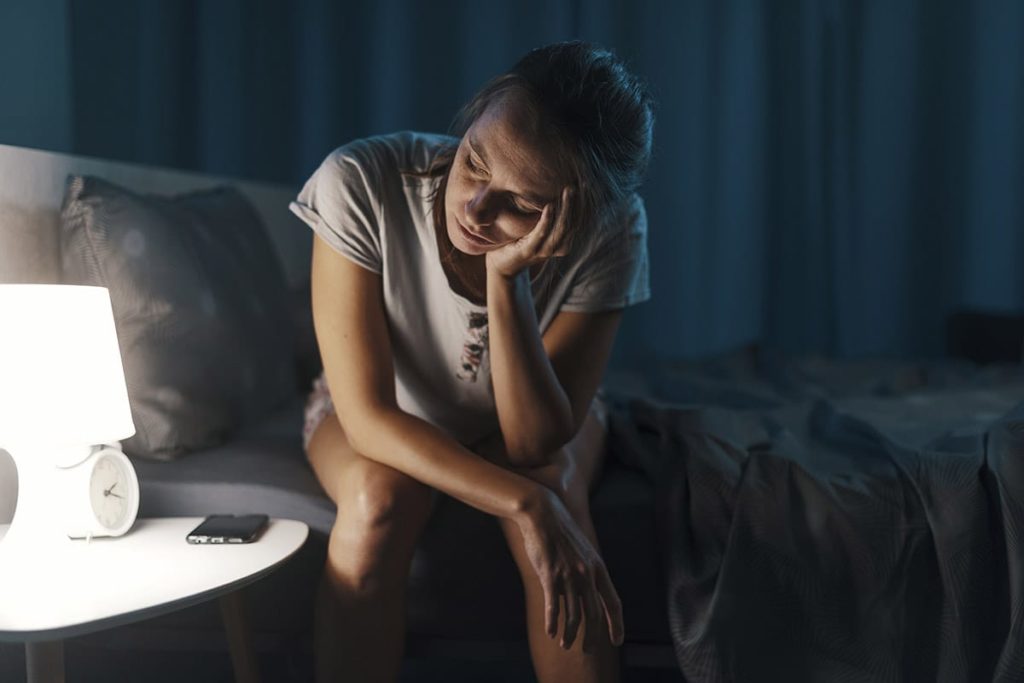Mixing alcohol with hydrocodone or Vicodin can lead to an increased risk of side effects, including drowsiness, difficulty breathing, and even overdose. It is important to follow the instructions from your doctor, or else you could put yourself in danger.
If you or a loved one is struggling with substance abuse disorder, Vertava Health’s opioid rehab center can help. Call us at 844.470.0410 today to learn about our treatment options.
What Is Vicodin?
Vicodin is a combination medication consisting of two drugs: hydrocodone and acetaminophen, both painkillers. Vicodin is used to treat moderate to severe pain for temporary relief or ongoing chronic pain management. It is typically safe when the drug is used correctly, as prescribed. But this safety is fleeting if Vicodin is taken in a way other than prescribed or with another drug.
Mixing Alcohol with Vicodin
Alcohol causes the sedative qualities of opioid drugs to intensify. This can create an intoxicated state much faster than a person anticipates. Even using a small amount of alcohol with opioids can do this. This is why it’s dangerous to drink alcohol if you’ve been prescribed Vicodin or if you use it illicitly.
Mixing alcohol with Vicodin can lead to the following:
- Drowsiness or excessive sleepiness
- Difficulty breathing
- Decreased coordination and motor skills
- Slowed reaction time
Impaired judgment and decision
Alcohol And Vicodin Have A High Potential For Overdose
Mixing alcohol with Vicodin can lead to an overdose. Depressants, alcohol, and Vicodin change how your brain and CNS regulate your heart, breathing, blood pressure, and temperature rates, causing them to slow down. When you drink alcohol with Vicodin (even in small amounts), these life-sustaining functions can become seriously compromised and, in some instances, begin shutting down.
What Are the Signs of an Alcohol and Vicodin Overdose?
If you or a loved one is taking both alcohol and Vicodin, understanding the signs of an overdose could help to save their life.
Signs of overdose include:
- Cold skin
- Decreased cognitive functions
- Excessive dizziness
- Extreme confusion
- Irregular and falling heart rate
- Irregular, slowed or stopped breathing
- Nausea and vomiting
- Passing out
- Seizures
- Stupor
- Weak pulse
One of the most dangerous side effects of overdose is respiratory depression. As a person’s breathing continues to plummet, their brain is deprived of oxygen. When this happens, other organ systems follow suit and begin to shut down. The lack of oxygen can also lead to brain damage. During an overdose, a person can stop breathing, fall into a coma, and die.
Overdose is not something you can afford to take your time on. When a person is overdosing, there’s a good chance they could lose their life unless they get prompt medical attention.
If you suspect that you or a person near you is overdosing or in jeopardy of doing so, contact emergency medical services immediately.
Using Vicodin And Alcohol Together Can Harm Your Organs
Both alcohol and Vicodin can, when used separately, be harmful to your liver. When these drugs are used together, the damage to your liver is compounded. For these reasons, chronic drinkers should try to abstain from using any acetaminophen-containing product.
Your liver is responsible for metabolizing alcohol. When you drink too much, such as within patterns of binge drinking or chronic use, this organ cannot keep up. This causes an immense strain on your liver, one of which, over time, can lead to liver damage.
Using acetaminophen can lead to acute liver failure in one of two ways, either by taking:
- A single dose of the drug which is too high
- Doses higher than the daily recommendation for several consecutive days
For individuals who use Vicodin, this is a genuine concern. Drug users use Vicodin in both of these patterns.
How Do I Get Help For My Addiction?
If you’re addicted to one or both of these drugs, you need to get help as quickly as possible to protect your body and brain. Fortunately, there are inpatient drug rehab programs all across the country that can help you with these needs.
Alcohol and Vicodin addictions often require a medical detox to treat the physical addiction. After you’ve progressed through detoxification, it’s best to proceed directly to treatment. The most comprehensive programs offer both of these services under one roof.
During your program, medication-assisted treatments, behavioral therapies, an alcoholic counseling program, and a wide range of other modalities will be implemented to help you reach a sober state. Aftercare programs typically follow, which will help you to stay strong in your commitment to sobriety.
Let Vertava Health Help You
If you’re concerned that you or someone you care about is mixing alcohol with Vicodin in a way that could harm their health, reach out to us at 844.470.0410 today. Our confidential assessment will get you started on the path to a healthier, drug-free life.


